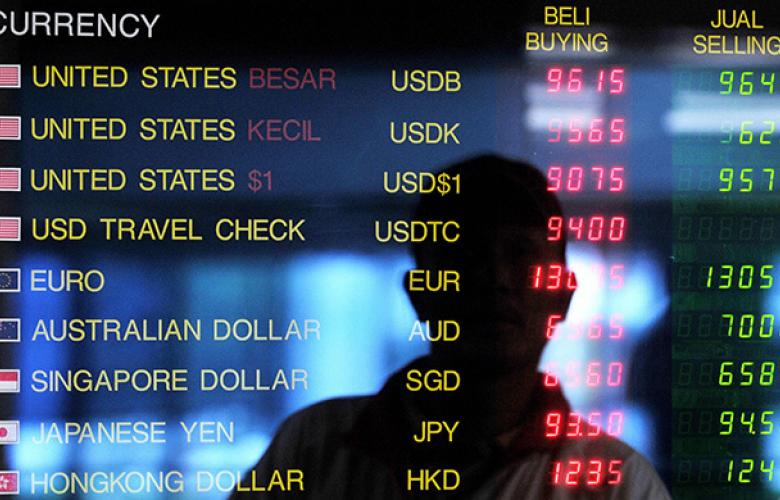How do currency fluctuations affect demand for local property from overseas buyers?
Contact
How do currency fluctuations affect demand for local property from overseas buyers?
A weaker Australian dollar may make buyers from overseas feel that Australian property is cheap.
Australia is currently experiencing a surge in demand for domestic property from overseas buyers. The Chinese, in particular, have a hankering for Australian real estate, accounting for 20% of the foreign investment in Australian property during 2016 (at a value of AU$31.9 billion).
Over one in ten residential New South Wales properties sold between July and September 2016 were bought by foreigners, with residents of China (33%), the UK (11%), New Zealand (11%) and India (10%) accounting for most of those purchases.
While overseas buyers are clearly desperate for a piece of Australian real estate – either for the purpose of immigration or as an investment - dealing with foreigners when selling your property can create some additional barriers to making a sale. In particular, you have to contend with exchange rate fluctuations and how this can affect the value of your property from the perspective of a foreign buyer.
The Australian Dollar is a highly volatile currency, often prone to movements of more than 1% up or down in a single day on the back of domestic and international data, commodity market developments and the general risk-appetite of currency market participants. This means that the value of large currency transfers can change dramatically in a short space of time.
As AUD weakens, domestic property becomes more attractive to foreign buyers because their native currency is now worth more Australian Dollars than it was before. For example, an AU$450,000 property would cost £263,388 when the GBP/AUD exchange rate is 1.7085. However, were the Australian Dollar to weaken (allowing the Pound to rise to 1.7519) the buyer would only need to transfer £256,863; -£6,525 less.
Meanwhile, a strengthening Australian Dollar would see the buyer needing to send across more Pounds, increasing the cost of the property even though the price in AUD hasn’t changed at all.
So, even if the domestic property market seems to have changed little over the course of a week or month, overseas buyers could be in a very different position. Weakening exchange rates could make your property seem like a bargain to overseas buyers, while a strengthening Australian Dollar would work against you in terms of attracting foreign interest.
If you have a property to sell and are approached by a foreign buyer, you therefore need to remain mindful of the effect currency fluctuations could have on the value of your property from their point of view. A weaker AUD exchange rate could see the sale progress more quickly, with foreign buyers happy to snap up a bargain property. But a stronger Australian dollar could see foreign buyers attempting to negotiate more over the price.
It’s important to have a fixed idea in your head of the lowest offer you’re willing to accept for your property. How quickly you’re looking to sell may have an impact on this figure; a foreign buyer offering less than the asking price could be in luck if you’re more interested in making a sale than securing a great return.
However, you should also be mindful of the exchange rate. Foreign buyers may already be getting a great deal if the Australian Dollar is weak and so may be willing to adjust any offers made below the asking price with a little prodding.
Click here to receive a free currency quote form TorFX.
This is a sponsored article.
Read more from TorFX:
How did Donald Trump’s election victory affect buying Asian property?
How to manage your currency exposure when buying property overseas





